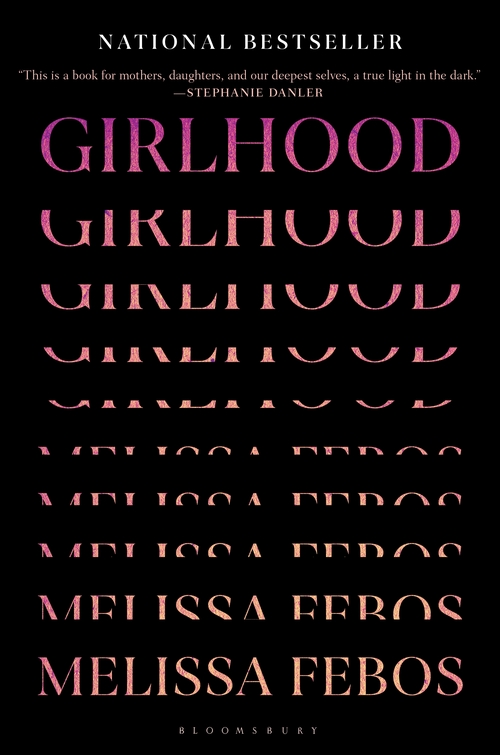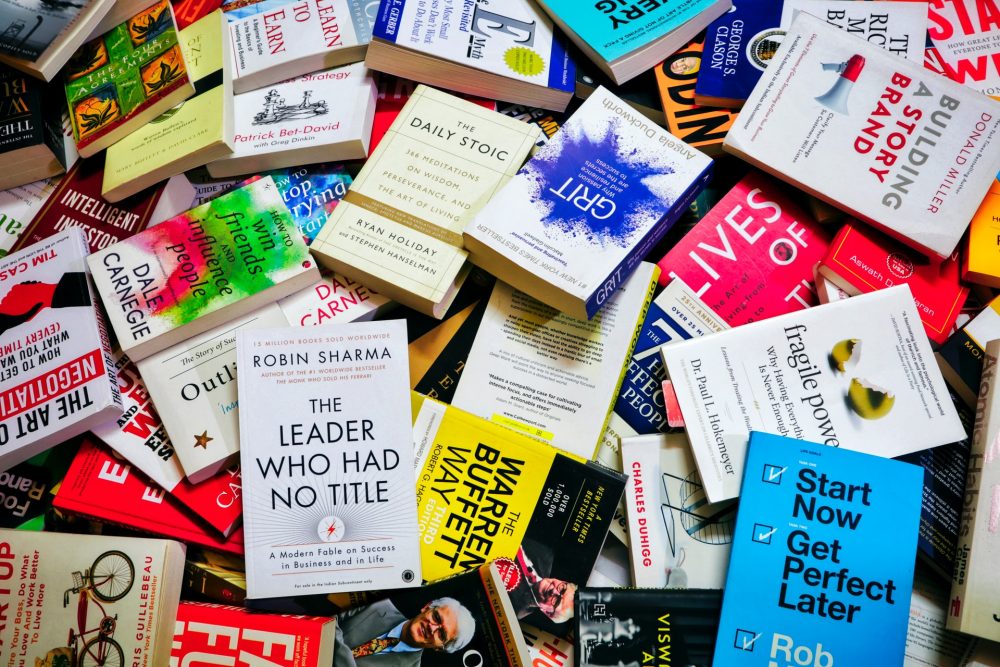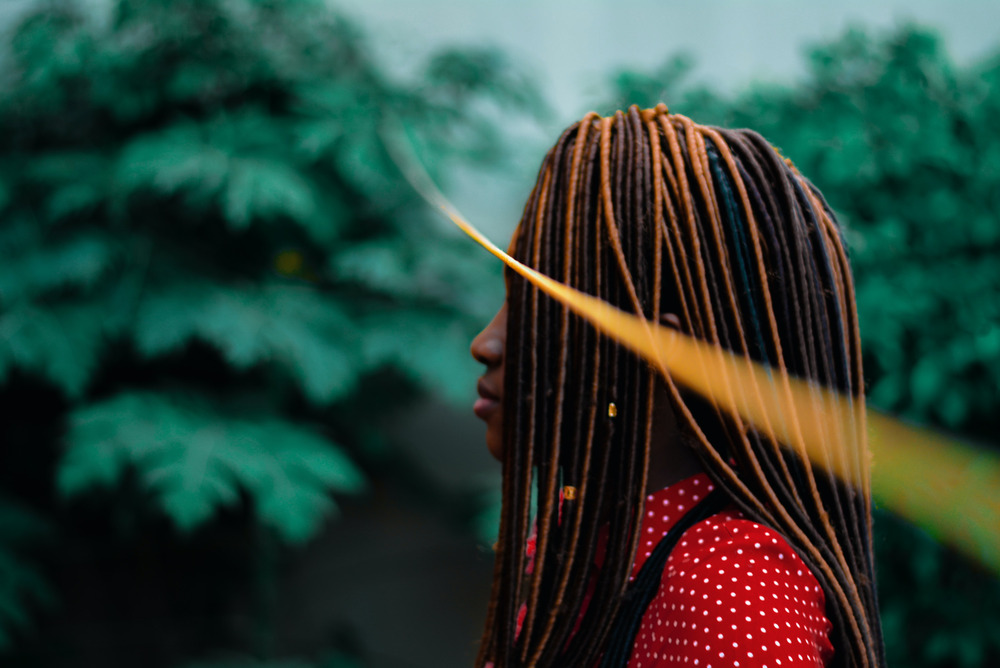interviews
It’s Time to Reckon With Everything Girlhood Did to Us
In her essay collection "Girlhood," Melissa Febos questions received wisdom about what it means to be a woman

In an early essay in Girlhood, Melissa Febos describes a pond that she used to frequent as a child: “Despite its small circumference, our pond plummeted fifty feet at its deepest point.” This could be a metaphor for female adolescence, the overarching theme of Febos’s book. Through the interconnected essays of this collection, she reveals the seeming small circumferences we often place on our girlhoods or those which are imposed on them. As she plumbs the depths of her coming of age, we see horrors more ordinary than we think, pleasures less desirable than we might realize.
The author of Whip Smart and Abandon Me, Febos is both an essayist’s essayist and a writer who transcends the very concept of genre. Girlhood’s researched reportage is intimate, poetic, and revelatory as the personal narrative itself. The book seems to listen as much as it talks. In this way, Girlhood does what an essay collection should do at its best: offer the reader a companion, fellowship beyond the aspirational profit economy models of self-care. Girlhood is our girl, there for us, sincerely and enduringly, as we begin to reconsider the circumferences we may place on the stories we tell of ourselves.
Febos and I talked via email about opening up closed cases, writing as an act of appreciation, and what we really mean by care.
Nina Sharma: I remember hearing you at AWP DC 2017 at “Candlelight Vigil for Freedom for Freedom of Expression,” fifty or sixty writers speaking up just as darkness of night was settling over DC. We were processing Trump’s inauguration, all the feelings of grief and helplessness that came with it, and you said, “then I woke up the next day and I realized I am not a child.” This makes me think about how being a child, being a girl child, is something that, even as a woman grows from girlhood, is a label or script she is asked to never outgrow. What was it like to be in touch, if not in conversation, with your girl child self continuously through the course of working on this collection?
Melissa Febos: Oh, it was so uncomfortable! In many ways, this book is an anthology of the girlhood experiences that I sought to exile for many years. Not in a deep, repression kind of way, but just in a this-case-is-closed kind of way. I had a story about what happened and how it affected me, and I didn’t really want to reconsider it. Except it wasn’t the true story, or at least the whole story, and so I kept circling back to that time, like picking at a loose thread. I had already learned that the only way to be free of the past is to face it, but I still sometimes return to the hope that there is another way. It was painful to go back to that younger version of me and really listen to her—sometimes it did feel like an actual conversation!—but the reward has been so profound. It was through writing this book that I became more able to love that young self, acknowledge the full breadth of her experience, and respect the ways that she’d succeeded at surviving.
It was painful to go back to that younger version of me and really listen to her—sometimes it did feel like an actual conversation!
NS: We have a guiding Febos-ism in our two-writer household. My partner often references a lesson you offered your students: “the story you told yourself to get through it may not be the story you need to tell on the page.” This sentiment crops up in “Kettle Holes”: “We don’t need the truth to survive, and sometimes our survival depends on its denial.” Can you talk about the process and perhaps pleasures of cracking into those things which we have survived?
MF: Ha! I love that. What an honor, to get quoted regularly in a household of two other writers. This sentiment has proved true for me, over and over, and this book is certainly no exception. “Kettle Holes” was the first essay I wrote of this collection and in a way it was a catalyst for the rest of the essays. I had this experience of remembering a terrible experienc of being bullied as a kid, and then went and found my description of it in my childhood diary and saw that I had rewritten the experience as totally benign, as if I had been playing with a friend. It was chilling, and heartbreaking. I knew that I had done a similar revising on a lot of the hardships of my girlhood, and basically decided to go find those revisions and undo them.
There was a moment while writing every one of these essays when the familiar narrative of an event—that I wasn’t bullied, it was no big deal, it didn’t affect me much, etc.—cracked under my closer examination and the truth spilled out. It was always a bit chilling, but also so satisfying, because in that moment, the truth that I’d been carrying inside me all of the intervening years was finally acknowledged.
NS: I really loved the ways your partner, Donika, comes into the narrative. Donika holds up a mirror for you but not in the “mirror test” way, nor the testing that follows through girlhood. It’s more like Velvet Underground’s “I’ll Be Your Mirror:” “I find it hard to believe you don’t know the beauty you are but if you don’t let me be your eyes and your hand to your darkness so you won’t be afraid.” As someone who writes about their beloved a fair amount, I really appreciated the ways you did.
I think we need people to serve as mirrors in order to build a more accurate and generous picture of ourselves.
MF: I love that song so much! Nico’s little husky voice—I’m going to have to listen to it after this. And yes, I think there’s a lot of belief out there that we have to love ourselves in order to love well, and while I get the logic that undergirds that thinking, it also hasn’t really been borne out by my experience. Being loved by folks who know how to do so well—my mother, Donika, many close friends of mine, even dogs!—has taught me how to love myself. I think we need people to serve as mirrors in order to build a more accurate and generous picture of ourselves. It’s not sustainable to depend on others entirely for our self-esteem, of course. We have to be willing to step up to do that work in ourselves, but to have someone there to model it for us is so precious. Maybe one of my secret (or not so secret) hopes for this book is that it models a path to self-love, functions as a kind of mirror that shows how the pains of the past can exist on the same continuum as a more generous relationship to self.
NS: Something I always think about is the more I write into the realities of my relationship with my partner, the more, paradoxically, we become characters on the page, telling a story both about and beyond us. How do you think writing into personal relationships informs a narrative of personal growth? And how might the story of you and Donika outsize that work? In other words, how does personal becomes political?
MF: I relate to that a lot. It’s funny, because you’re right that when I write about us, we become these characters, playing out a single story or set of stories, with a weird kind of integrity that is distinct from that which we have as actual people. But also, it’s through writing about us that I more closely examine our interactions and relationship. Externalizing the familiar can make it more visible, you know? Over the course of the day we might have any number of interactions that are sweet or challenging, or whatever. Like, there’s a scene in one essay where Donika compares me to a baby tiger, sort of reframing my view of my body in a different, more positive way. In the moment, I was like, aw, thank you, but also a little dismissive, maybe, because it felt too vulnerable. But when I wrote about it, I was basically bawling. To see a moment like that located in the structure of a particular narrative, in this case that of my relationship to my body, it suddenly becomes clear how meaningful it is. I could give so many examples like this! Of all kinds of relationships, too. In this way writing is really a practice of appreciation, of truly looking at the people and experiences that are so familiar we can neglect to see them fully.
NS: While your essays always feel intersectional, differences within girlhood were made explicit in this collection. There is attention in particular to differences of racial and cultural backgrounds throughout the narrative. I notice Girlhood uses the term “collaborate”: all the various collaborations we engage in throughout girlhood and how they may follow, and revise, as we grow. Could you speak a bit about what “collaboration” means to you and the power of interracial collaboration in particular?
MF: It’s such a big job, undoing the harms of patriarchy and white supremacy! I don’t think we can do it without immense collaboration. It was really important to me when writing this book that I didn’t neglect to acknowledge the variations in experience for women of different races (along with other kinds of difference), when we are talking about everything from slut-shaming to consent. I also didn’t want to speak for anyone else’s experience. That’s one of the reasons why I brought so many other voices into these essays. In terms of interracial collaboration, well, I believe we need it and that it’s possible. I grew up in an interracial family, have a multi-ethnic background, and also identify as white, so I’ve always had an awareness of it.
At this point in my life, care is really an action more than a feeling. Care is the work of love.
When we are talking about feminism, I think it’s entirely the work of white feminists to address their own whiteness and internalized racism so that we can become safe collaborators for BIPOC feminists. This goes back to the suffragists, right? Further, even. Audre Lorde famously said, “I am not free while any woman is unfree,” and it’s an attitude that still needs to be taken up by folks of all kinds of privilege who call themselves activists or leftists or liberals or whatever. For me, this work has meant taking on the lifelong project of understanding how racism and white supremacy have informed my own consciousness and behavior, and undoing it so that I can be a better collaborator.
NS: Something I always have to remind myself is that there is no being “good at” healing but this book feels like a sincere act of healing, for oneself and as an offering to the reader. Maybe it’s because you don’t make a catchword out of healing. What does care mean to you?
MF: I’ve thought a lot about this. I have had a thorny relationship to receiving care for a lot of my life, and have also sometimes thought that feeling a sense of care was enough to call love. At this point in my life, care is really an action more than a feeling. I can have affection or sympathy for someone, recognition of their situation, but if it stays in me, a passive experience, it isn’t care. Care is the work of love. It is the conversation, the gesture, the march, the cooking, the play, the work of art, the slow building of a consciousness that holds all of myself, and more than myself.









